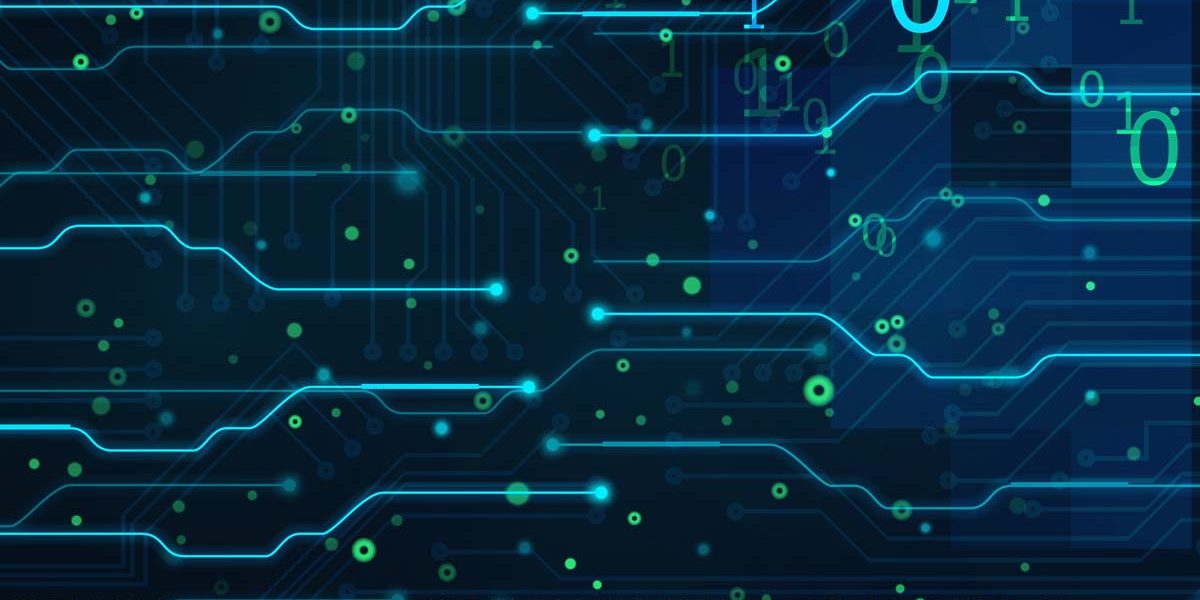
Latinoamérica ha dejado de ser una región que solo recibe ataques del resto del mundo.
A finales de 2009 comenzó a copiar modelos de negocios fraudulentos, con lo que los americanos comenzaron a producir sus propios recursos criminales.
Un ejemplo de esto es Brasil, con su aplicación web TELA (para administrar la información robada de ordenadores zombies); o S.A.P.Z. de Perú de Perú, que se emplea para propagar código malicioso diseñado para robar datos bancarios. Pero, por supuesto, no son los únicos. México también se ha unido a la lista desarrollando diferentes programas criminales (crimeware). Los programas crimeware Tequila y Mariachi iniciaron una tendencia en esta región en 2009. Pero el último es VOIk-Botnet. La siguiente imagen muestra su página principal:

Aunque las primeras versiones de VOIk-Botnet se lanzaron a principios de 2010, está madurando en el área del crimen en Latinoamérica. Tiene objetivos similares a los del programa S.A.P.Z. de Perú: VOIk-Botnet está diseñado para lanzar ataques pharming locales (modificando el archivo ‘hosts’) contra bancos en Latino América, e intenta robar datos bancarios de Internet a los usuarios desprevenidos.
En este caso, el código malicioso, que Kaspersky Lab detecta como Backdoor.Win32.VB.oyu, está dirigido a usuarios de bancos importantes con sucursales en Chile y Argentina.

La siguiente imagen muestra algunos de los ordenadores infectados en Chile:

Aunque estas estrategias globales de fraude tienen el mismo propósito que las latinoamericanas, es interesante notar que no comparten el mismo método de ataque. Por un lado, el crimeware de Europa oriental, como ZeuS ( y sus derivados) y SpyEye o Carberp, tiene la capacidad de inyectar funciones maliciosas a procesos legítimos del sistema operativo y APIs de los navegadores, para interceptar las transacciones al vuelo. Por otro lado, los desarrolladores de crimeware en Latinoamérica se han confinado al pharming local.
Aunque es menos complejo, al comparar ambos métodos, el pharming local es más exitoso. Y su éxito aumenta todavía más cuando se lo combina con ingeniería social. Por eso recomendamos que mantengas tu solución antivirus activa y actualizada.
******************************************************************************************************
Microsoft customers have an urgent and heavy dose of patching to do today. Internet Explorer may have only one update assigned to it, but the MS11-081 cumulative update fixes eight different vulnerabilities. And these vulnerabilities impact all lines of Windows, including Windows 7 x64 all the way up through Windows Server 2008 x64 Service Pack 2.
The nice thing about it, is that on the consumer side, Microsoft has developed their update utility to handle most of the decision making for you. On the corporate side, sys admins all handle the updates their own way, which may require important compatibility and quality testing efforts.
******************************************************************************************************
Sony has reported that it has had a number of sign-in attempts on accounts belonging to users on its various networks. In a statement on the Sony site it was revealed that “Sony Network Entertainment International LLC and Sony Online Entertainment (SOE) have detected a large amount of unauthorized sign-in attempts on PlayStation®Network (PSN), Sony Entertainment Network (SEN) and Sony Online Entertainment (SOE) services.”
Approximately 93,000 user accounts were successfully breached, and Sony has responded by locking those accounts. Sony further explains that none of the credit card details for any of the accounts are at risk, and that “These attempts appear to include a large amount of data obtained from one or more compromised lists from other companies, sites or sources.”
What is notable in this breach is Sony’s new candid nature in notifying the public and its users more quickly. After the companies slow response last April in responding to a breach that affected more than 70 million users, Sony likely wants to avoid the public relations disaster that ensued after its various networks and user databases were consecutively exploited at least 19 more times.
Sony will be notifying affected users about their locked accounts via email, and will require them to perform a password reset. We encourage users of the Playstation network to be careful in responding to email notifications from Sony as these types of situations provide an opportunity for scammers to collect login and password data and compromise your accounts. If you’re in any way concerned that your account may have been compromised, you should log in and change your password immediately.













Los bancos latinoamericanos bajo el fuego de la red zombi mexicana VOIk-Botnet